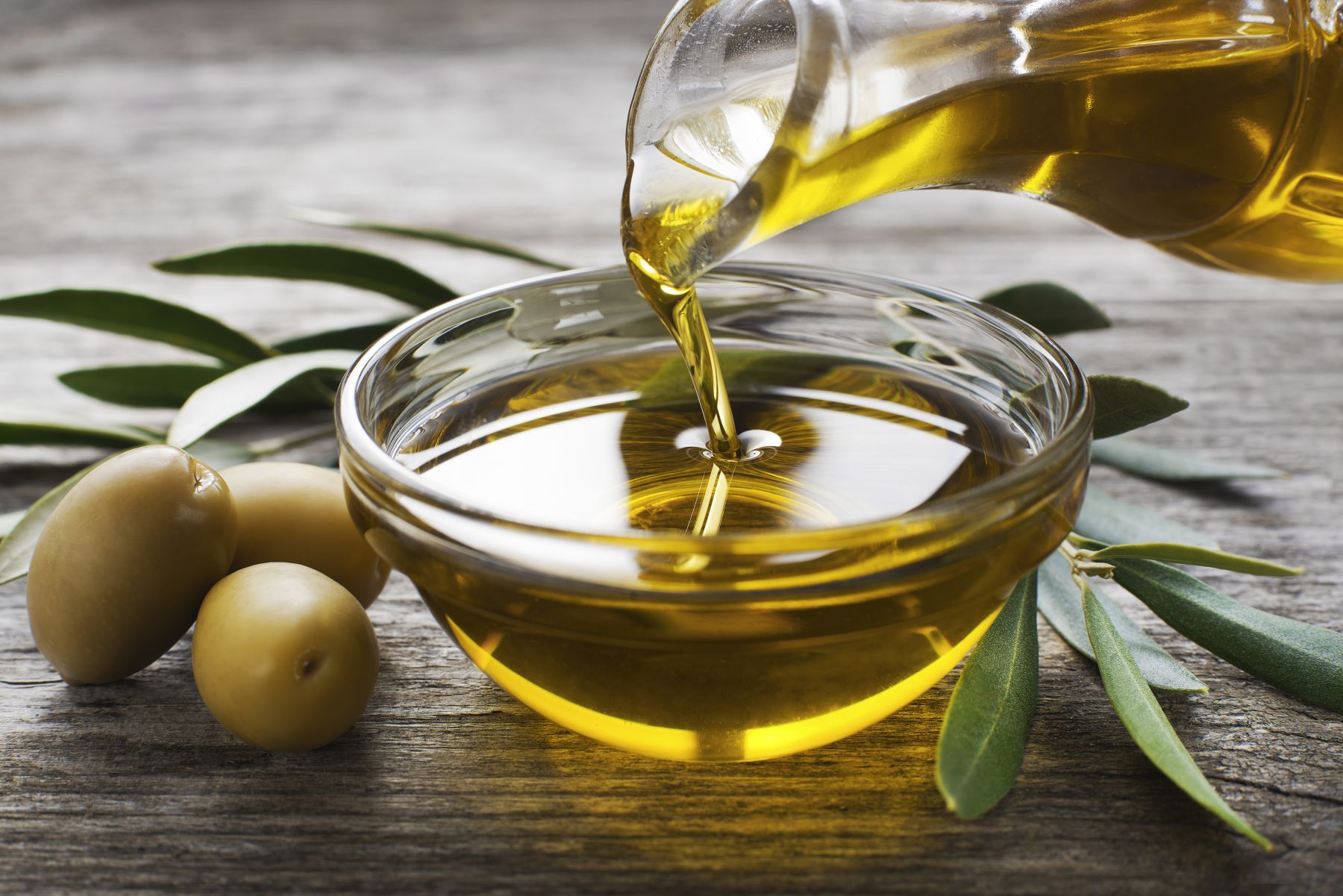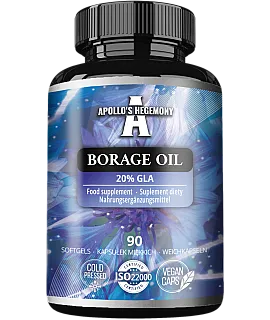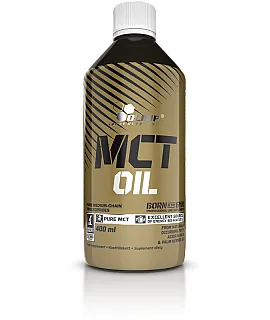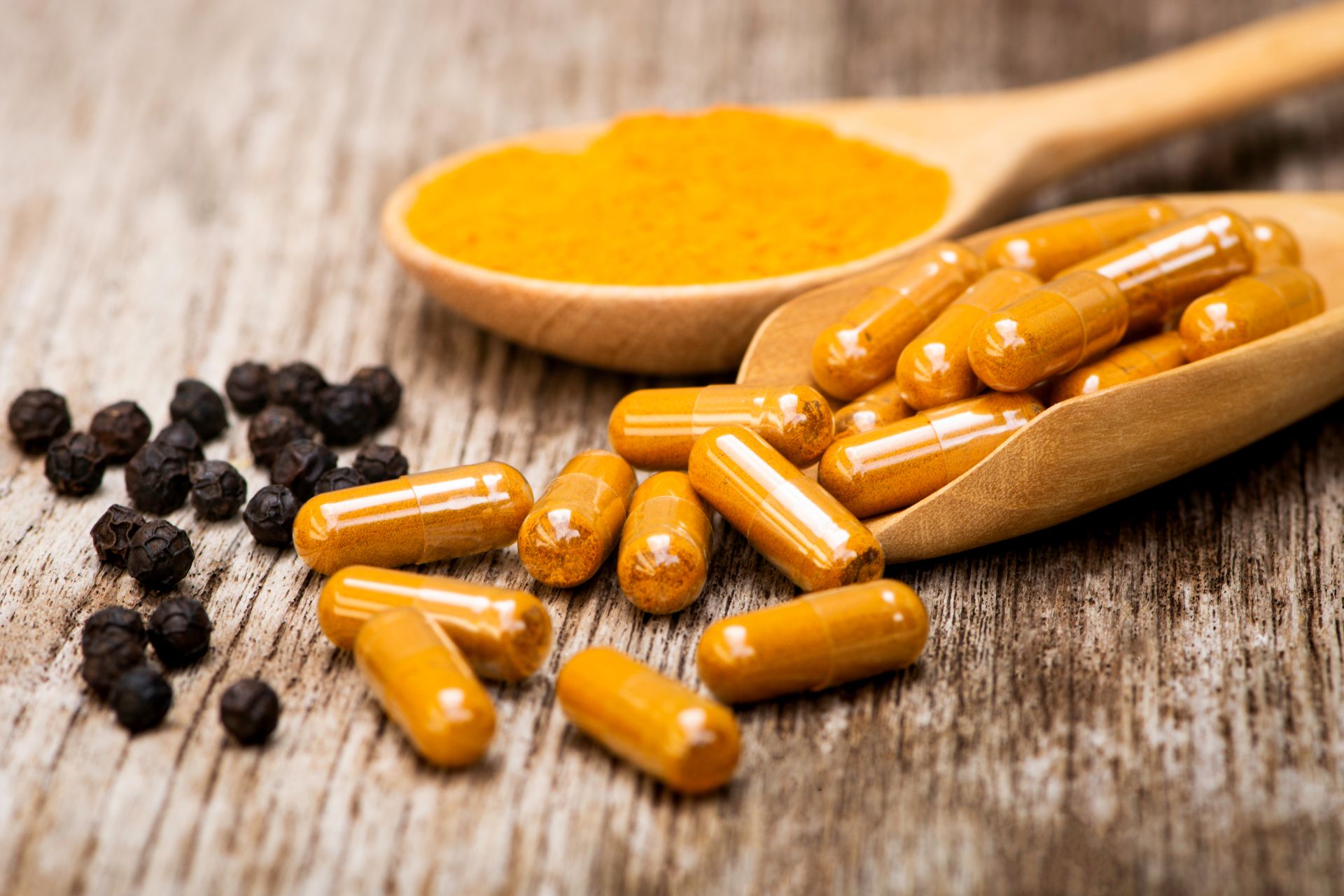Olive oil, and frying

Extra virgin (extra virgin) olive oil is undoubtedly one of the most widely used and also the most valued vegetable oils on the entire globe. The highest consumption of olive oil is recorded in Mediterranean countries such as Spain, Italy, Greece, Portugal and France. Olive oil is nowadays considered one of the healthiest edible vegetable fats.
- Olive oil - nutritional values
- Olive oil - how many calories does it have?
- Olive oil - properties
- Why is extra virgin olive oil the healthiest?
- Is it possible to fry with olive oil?
Olive oil - nutritional values
Olive oil consists mainly of fat (98 - 99%), which is a valuable source of energy for humans. One tablespoon (10 g) of olive oil contains 10 g of fat. Olive oil is a rich source of monounsaturated fatty acids (as much as 73 g in 100 g), which have beneficial effects on human health. The absolutely dominant fatty acid in olive oil is oleic acid (71 g per 100 g), while palmitic, linoleic, stearic and palmitoleic acids are found in smaller amounts. Olive oil contains some fat-soluble vitamins, namely vitamin E (14.4 mg/100 g) and vitamin K (60.2 µg/100 g). In addition, there are quite a few different phytochemicals with a wide spectrum of biological activity in olive oil, and even more so in virgin oil. Among them are listed: carotenoids (lutein, β-carotene, xanthophylls), chlorophylls, lignans, secoiridoids (oleacein, oleuropein), flavonoids (luteolin, apigenin), phenolic acids (among others.among others: hydroxybenzoic acid, caffeic acid, ferulic acid, gallic acid, p-coumaric acid, syringic acid, vanillic acid, sinapic acid), phytosterols (beta-sitosterol) and squalene.
Olive oil - how many calories does it have?
Olive oil is a high-calorie product, as its energy value is 884 kcal per 100 g. One tablespoon of olive oil provides just over 88 kcal. Hence, all those who care about effective fat reduction and/or long-term maintenance of healthy body weight should be very careful when using olive oil in salads and dinner dishes, so as not to disturb the energy deficit necessary for weight loss. Regular inclusion of virgin olive oil in the diet in moderate amounts is safe for health and should not cause weight gain.
Olive oil - properties
Olive oil exhibits anti-inflammatory, antioxidant, anti-diabetic, anti-cancer, antiatherosclerotic, hypolipemic (i.e., lowering blood cholesterol and triglyceride levels) and cardioprotective properties. Current research clearly shows that extra virgin olive oil has a particularly positive effect on the cardiovascular system. Regular consumption of extra virgin olive oil can contribute to:
- increasing the concentration of HDL high-density lipoproteins (the so-called good cholesterol) and improving their function.
- decreasing the concentration of low-density lipoproteins LDL (so-called bad cholesterol) and reducing their atherosclerotic properties.
- lowering the concentration of total cholesterol and triglycerides in the blood.
- decrease in blood pressure values.
- reduction in the risk of developing cardiovascular disease (especially coronary heart disease and stroke) and cardiovascular mortality.
- improving vascular endothelial function and improving blood flow.
- lowering blood glucose and glycated hemoglobin (HbA1c) levels.
- reducing the risk of developing type 2 diabetes.
- reducing the concentration of inflammatory markers in the blood (including CRP, IL-6, TNF-α).
- reduction in the concentration of oxidative stress markers (e.g., MDA).
- positive changes in the composition of the gastrointestinal microbiota.
- a decrease in the risk of cancer (especially breast cancer and cancer in the gastrointestinal tract).
Why is extra virgin olive oil the healthiest?
Of all the types of olive oil available on the market, extra virgin olive oil has the most health-promoting effect on the human body. Extra virgin olive oil is much more expensive than other types of oil, while it contains the most polyphenols, which are responsible for its health benefits and characteristic bitter taste. Refined olive oil, on the other hand, is devoid of valuable vitamins, polyphenols, plant sterols and other low-molecular-weight natural components, which translates into its lower price, as well as lower antioxidant activity.

Is it possible to fry with olive oil?
Extra virgin olive oil is also suitable for frying. However, it should be borne in mind that under the influence of frying and other forms of heat treatment, many components of olive oil that exert beneficial effects on human health are destroyed. Olive oil can be used for frying, for at least several reasons:
-
It is characterized by a high content of monounsaturated fatty acids and, at the same time, a low amount of polyunsaturated and saturated fatty acids.
-
It does not contain cholesterol, which is easily oxidized during frying.
-
It is abundant in a large number of antioxidant compounds (especially polyphenols and vitamin E).
-
It is characterized by a low concentration of compounds that accelerate the oxidation process.
Sources:
- George E.S., Marshall S., Mayr H.L., et al: The effect of high-polyphenol extra virgin olive oil on cardiovascular risk factors: A systematic review and meta-analysis. Crit Rev Food Sci Nutr. 2019;59(17):2772-2795.
- Fernandes J., Fialho M., Santos R., et al: Is olive oil good for you? A systematic review and meta-analysis on anti-inflammatory benefits from regular dietary intake. Nutrition. 2020 Jan;69:110559.
- Casal S., Malheiro R., Sendas A., et al: Olive oil stability under deep-frying conditions. Food Chem Toxicol. 2010;48(10):2972-2979.
- Hernáez Á., Castañer O., Elosua R., et al.: Mediterranean Diet Improves High-Density Lipoprotein Function in High-Cardiovascular-Risk Individuals: A Randomized Controlled Trial. Circulation. 2017 Feb 14;135(7):633-643.
- Gorzynik-Debicka M., Przychodzen P., Cappello F., et al: Potential Health Benefits of Olive Oil and Plant Polyphenols. Int J Mol Sci. 2018 Mar; 19(3): 686.


 ⮜ Previous article
⮜ Previous article
Curcumin and piperine - do they have anything in common?
 Next article ⮞
Next article ⮞